In Islam diseases are cured in two ways, first the cure of soul through prayers and second the cure
through medicines. The Holy Quran says: And the earth He has put down (laid) for the creatures. Theirin are fruits, date palms producing sheathed fruit-stalks (enclosing dates). And also corn, with (its) leaves and stalks for fodder and sweet-scented plants. Then which of the blessings of your lord will you both (jinn and men) deny?
Our Holy Prophet (Sallallaho Alayhi Wassallam) used certain herbs and recommended various medicinal plants for cure of common diseases. The Prophet (Sallallaho Alayhi Wasallam) frequently commented upon the nature and value of various foods and spices. These comments were noted by his wives and companions (Radiallaho Anhum) and remain available to us today .
Watermelon
References from Ahadith
Narrated Sahl bin Sad Al-Sadi (Radiyallahu Anhu):
Rasulullah (Sallallaho Alayhi Wasallam) ate ripe
dates with water melon .
Hazrat Abdullah Bin Abbas (Radiyallahu Anhu )
narrates that Rasulullah (Sallallaho Alayhi Wasallam)
said, “Water melon is diet as well as drink. It washes
and purifies the urinary bladder. It increases the
sexual power .
Hazrat Aisha (Radiyallahu Anha) narrates that
Rasulullah (Sallallaho Alayhi Wasallam) ate water
melon with fresh dates.
Cucumber
References from Holy Quran
C Sûrah 2. Al-Baqarah, Verse. # 61: And (remember)
when you said, “O Mûsâ (Moses)! We can not
endure one kind of food. So invoke your Lord for us
to bring forth for us of what the earth grows, itsherbs, its cucumbers, its Fûm (wheat or garlic), its lentils and its onions.”
References from Ahadith
Narrated Abdullah bin Ja'far (Radiyallahu Anhu ): I
saw Allah's Apostle (Sallallaho Alayhi Wasallam)
eating fresh dates with cucumber [Bukhari, Muslim,
Tirmizi, Ibne Maja .
Abdullah bin Ja'far (Radiyallahu Anhu ) reported: I
saw Allah's Messenger (Sallallaho Alayhi Wasallam)
eating cucumber with fresh dates .
Quince
References from Ahadith
Hazrat Talha bin Ubaid Ullah (R.A) narrated that
Rasullullah (Sallallaho Alayhi Wasallam) said: This .
(Quince) makes the heart strengthen, makes the
breath pleasant and relieves (removes) the burden of
the chest .
C Hazrat Jabir bin Abdullah (R.A) narrated that
Rasullullah (Sallallaho Alayhi Wasallam) said, “Eat
the Quince (Safarjal) because it cure the heart attack
and relieves(removes) the burden of the chest”.
Hazrat Anus bin Malik (R.A) narrated that
Rasullullah (Sallallaho Alayhi Wasallam) said: the
burden of the heart is removed by eating of the
Quince
The Holy Prophet (Sallallaho Alayhi Wasallam) said,
"Eat quince, for it sweetens the heart. For Allah has
sent no prophet as His messenger without feeding
him on the quince of Paradise .
Rasullullah (Sallallaho Alayhi Wasallam) said, “Feed
your pregnant women on quince, for it cures the diseases of the heart and makes the babies handsome”
Olive
References from Ahadith
Hazrat Abu huraira (R.A.) narrated that Rasullullah
(Sallallaho Alayhi Wasallam) said “Eat the olive oil
and massage it over your bodies since it is a holy
(mubarak) tree.”
Hazrat Alqama Bin Amir (R.A) narrates that Prophet
(Sallallaho Alayhi Wasallam) said, “There is olive oil
for you, eat it, massage over your body, since it is
effective in Heamorrhoids (Piles).”
. Hazrat Aqba Bin Amir (R.A) narrates that the Prophet
(Sallallaho Alayhi Wasallam) stated, “You have the
olive oil from this Holy (mubarak) tree, treat yourself
with this, since it cures the Anal fissure (Basoor).”.
Hazrath Abu Hurairah (R.A) narrates that the Prophet
(Sallallaho Alayhi Wasallam) stated, “Eat the olive oil
and apply it (locally), since there is cure for seventy
diseases in it, one of them is Leprosy.”
.
C Khalid Bin Saad (R.A.) narrates, “I came to Madinah
with Ghalib Bin Al Jabr. Ghalib became ill during the
journey. Ibn Abi Ateeq came to see him and told a
narration from Hazrat Aisha(R.A.) that the Prophet
(Sallallaho Alayhi Wasallam) told about the cure in
Kalonji. We crushed a few seeds of Kalonji and mixed
it with olive oil and dropped in both nostrils, after
which Ghalib became healthy.” .
Hazrat Zaid Bin Arqam (R.A ) narrates, “ We have
been directed by the Prophet (Sallallaho Alayhi Wasallam) that we should treat the Pleurisy with Qust-e-Behri (Qust Sheerin) and olive oil.”.
Dates
References From Ahdith
Hazrat Abdullah bin Umar (Radiyallahu Anhuma)
narrated that The Rasulullah (Sallallahu Alayhi
Wasallam) said, "There is a tree among the trees
which is similar to a Muslim (in goodness). Its leaves
do not fall. What is that tree? The Prophet (Sallallahu
Alayhi Wasallam) himself said, “that is the date palm
tree.”
Hazrat S’ad bin AbiWaqas (R.A) narrated that
Rasulullah (Sallallahu Alayhi Wasallam) said, "He
who eats seven dates of Madina (Ajwa dates) every
morning, will not be affected by poison and magic on
the day he eats them." .
C Hazrat Abdullah bin Abbass (Radiyallahu Anhuma)
narrated that the Prophet (Sallallahu Alayhi
Wasallam) said, “The ‘Ajwah is from Paradise and it
is an antidote against poison. The Kamah (truffles) is
a type of Manna and its water (extract) cures the eye
C Abdullah ibn Jaafar radiyallahu anhu says, “I saw
Rasulullah (Sallallahu Alayhi Wasallam) eating
*Qith’a (cucumbers or snake cucumber) with fresh
dates.”
Pomegranate
References from Ahadith
Hazrat Anas bin Malik (Radiyallahu Anhu) narrated
that the Prophet (Sallallahu Alayhi Wasallam) said,
"There is not a pomegranate which does not have a
pip from one of the pomegranates of the Garden (of
Jannah) in it."
C Hazrat Ali bin Abi Talib (Radiyallahu Anhu) narrated
that the Prophet (Sallallahu Alayhi Wassallam) said,
"Pomegranate and its rind strengthen digestion
(stomach)"
Cure of diseases through medicinal plants is always
a salient feature of Islamic teaching and preaching. Islamic
medicine started from Hazrat Adam (Alayhi Salam) and
was completed at Hazrat Muhammad (Sallallahu Alayhi
Wasallam) but search and compiling of these medicines is
still continued through out the world [16]. The Holy
Quran is the eternal and everlasting basis of Islam. It
cotains signs and verses which have been leading people
of different ages and of different academics and
intellectual background to believe in Islam. The Holy
Quran from the very start has a claim that it covers every
aspect of life and is full of wisdom. It speaks “We have
neglected nothing in the Book”











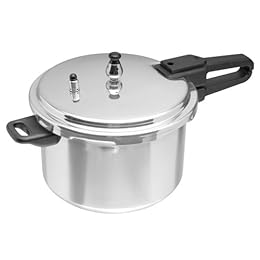



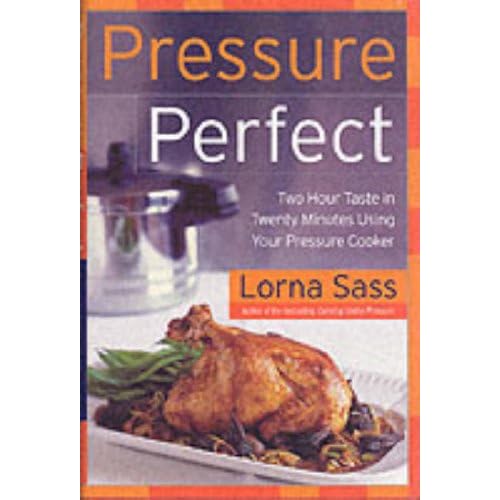
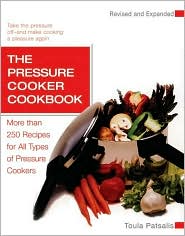













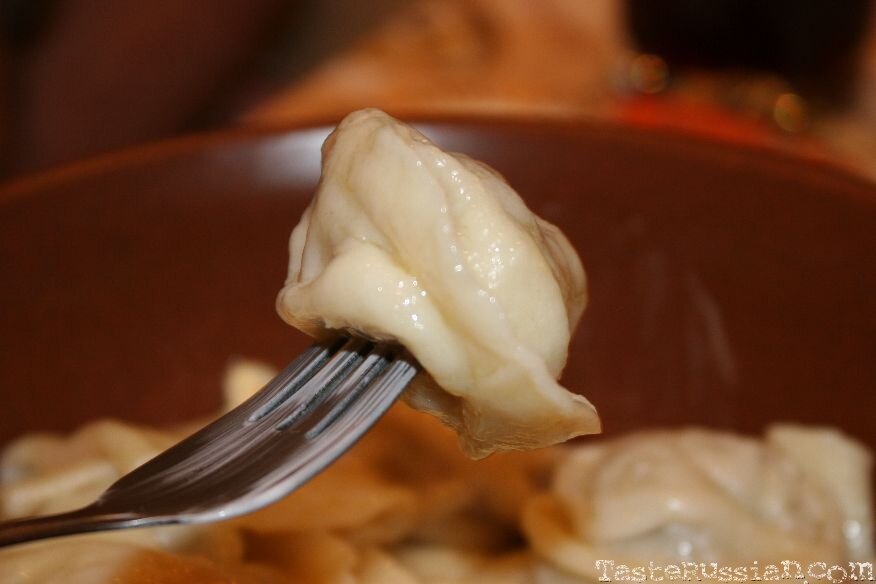







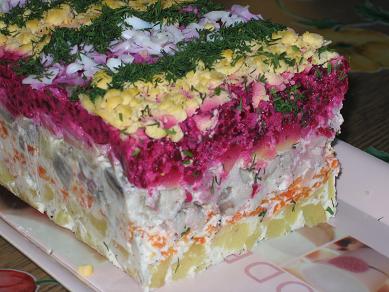









 Architectural-decorative art holds a prominent place in the arts and crafts of Uzbekistan.
Architectural-decorative art holds a prominent place in the arts and crafts of Uzbekistan.


